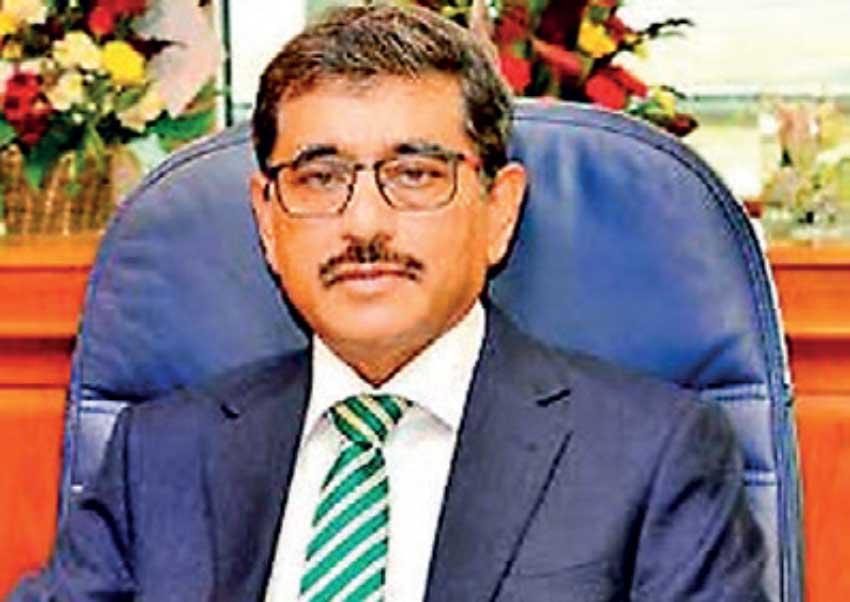19 Apr 2022 - {{hitsCtrl.values.hits}}

Dr. Nandalal Weerasinghe
The new Central Bank Governor Dr. Nandalal Weerasinghe said the objective of the sharp increase in interest rates is to drastically reduce the aggregate demand conditions already prevalent in the economy and thereby slowdown the production by increasing the cost of production.
“When you increase the interest rates, you increase the cost of production and as a result, the business will either report lower profits or increase losses,” Dr. Weeraisnghe said soon after jacking up rates by unprecedented 700 basis points.
“So, what is our priority? Do we need to increase demand and thereby increase supply further or to control demand and supply? If you must control both of them, you have to increase the cost of production and thereby reduce imports, which are needed for these productions,” he said explaining the rationale behind the rate hike.
The policy prescription by the new economic team at the Central Bank and Finance Ministry reflects that the issues facing the Sri Lankan economy could be resolved by tweaking policy rates and taxes and inflation is caused purely by demand factors.
However, according to a section of economic analysts, the current bout of inflation is largely a result of supply chain disruptions caused by the lockdowns and the resultant pent-up demand and the war in Ukraine, which has sent the global energy and other commodities prices higher. Sri Lanka’s money printing has no relationship whatsoever with the global commodities prices, which are totally out of control of the monetary policy here.
Hence, according to them, killing supply would exacerbate the woes faced by the people at present and the economy as a whole, as the rate hike does precisely the opposite of what must happen i.e., ensure the supply chains operate smoothly and shore up supply wherever possible.
Few weeks ago, there was also a rallying cry for sharp increase in the electricity tariffs to end power cuts.
But power cuts are caused by different reasons devoid of the tariffs, as prolonged dry weather and the shortages of diesel and furnace oil to operate thermal plants due to the dollar crunch.
The policy prescription by the majority conventional economists is to keep a section of people in the dark and keep low-income people out of reach of fuel and other commodities through massive price hikes, so that the demand plunges and thereby the inflation and thus the demand for imports.
The same lot called vehemently for the rupee float to end foreign exchange shortages and thereby the other commodities, which are in short supply. But the float sent the rupee into a free fall and the prices of everything went up, while the shortages still remain and the economic pain is more acute.
Sri Lanka needs foreign exchange through borrowings in the short term and through trade and investments in the medium term in order for the people to enjoy goods and services and to maintain a decent standard of living.
15 Nov 2024 31 minute ago
15 Nov 2024 1 hours ago
15 Nov 2024 2 hours ago
15 Nov 2024 2 hours ago
15 Nov 2024 2 hours ago